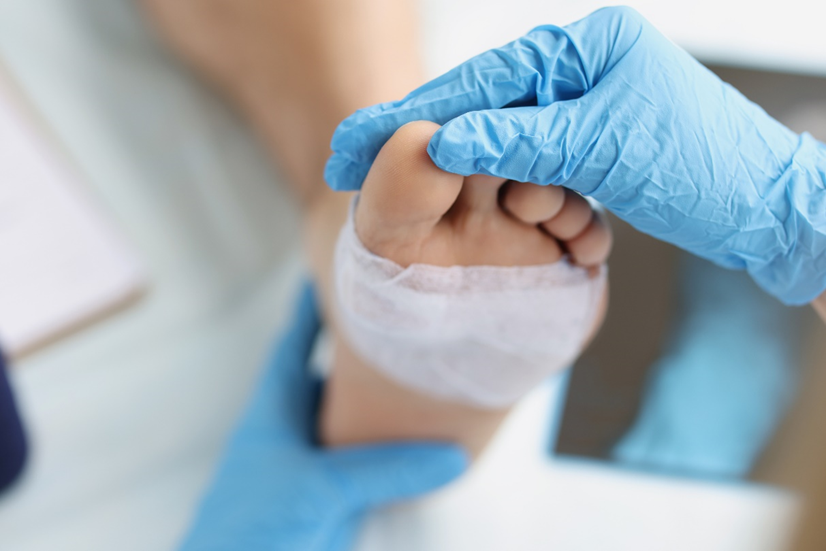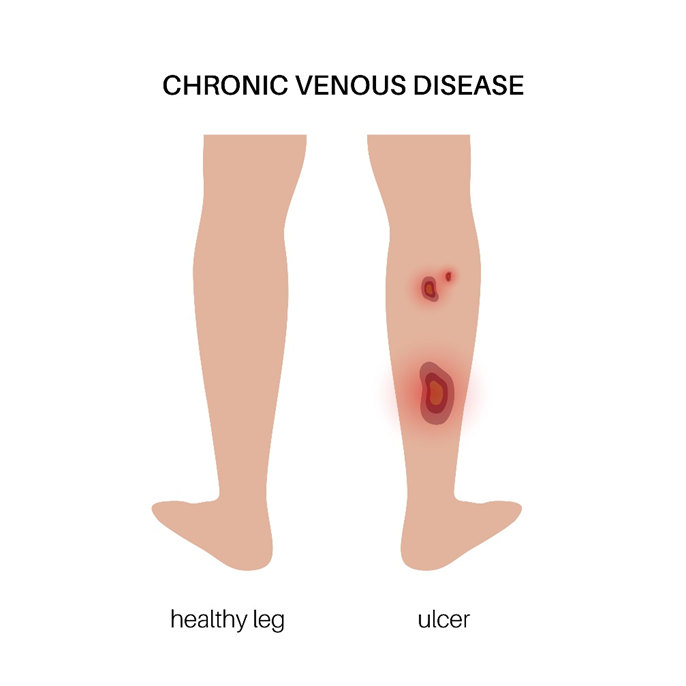




Specialist Vascular Surgeon caring for people across the Central Coast and Sydney’s North Shore areas.
From all surrounding areas including Lindfield, Killara, Pymble, St Ives, Turramurra, Chatswood, Wahroonga, Normanhurst, Hornsby, Epping, Berowra, Mount Kuring-gai, Umina, Avoca,Terrigal, Tuggerah.

Don’t miss our future updates! Get Subscribed Today!
©2023 All Rights Reserved.